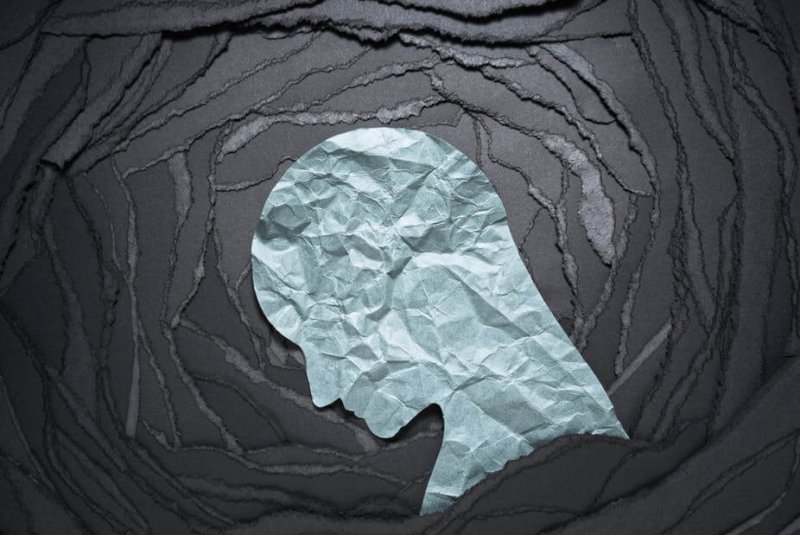What are the roots of mental illness? In the hope of finding an answer, scientists have piled up an enormous amount of data over the past decade, through studies of genes, brain activity and neuroanatomy. They have found evidence that many of the same genes underlie seemingly distinct disorders, such as schizophrenia and autism, and that changes in the brain’s decision-making systems could be involved in many conditions.
…
They have a few theories. Perhaps there are several dimensions of mental illness — so, depending on how a person scores on each dimension, they might be more prone to some disorders than to others. An alternative, more radical idea is that there is a single factor that makes people prone to mental illness in general: which disorder they develop is then determined by other factors.
…
The details are still fuzzy, but most psychiatrists agree that one thing is clear: the old system of categorizing mental disorders into neat boxes does not work. They are also hopeful that, in the long run, replacing this framework with one that is grounded in biology will lead to new drugs and treatments.































